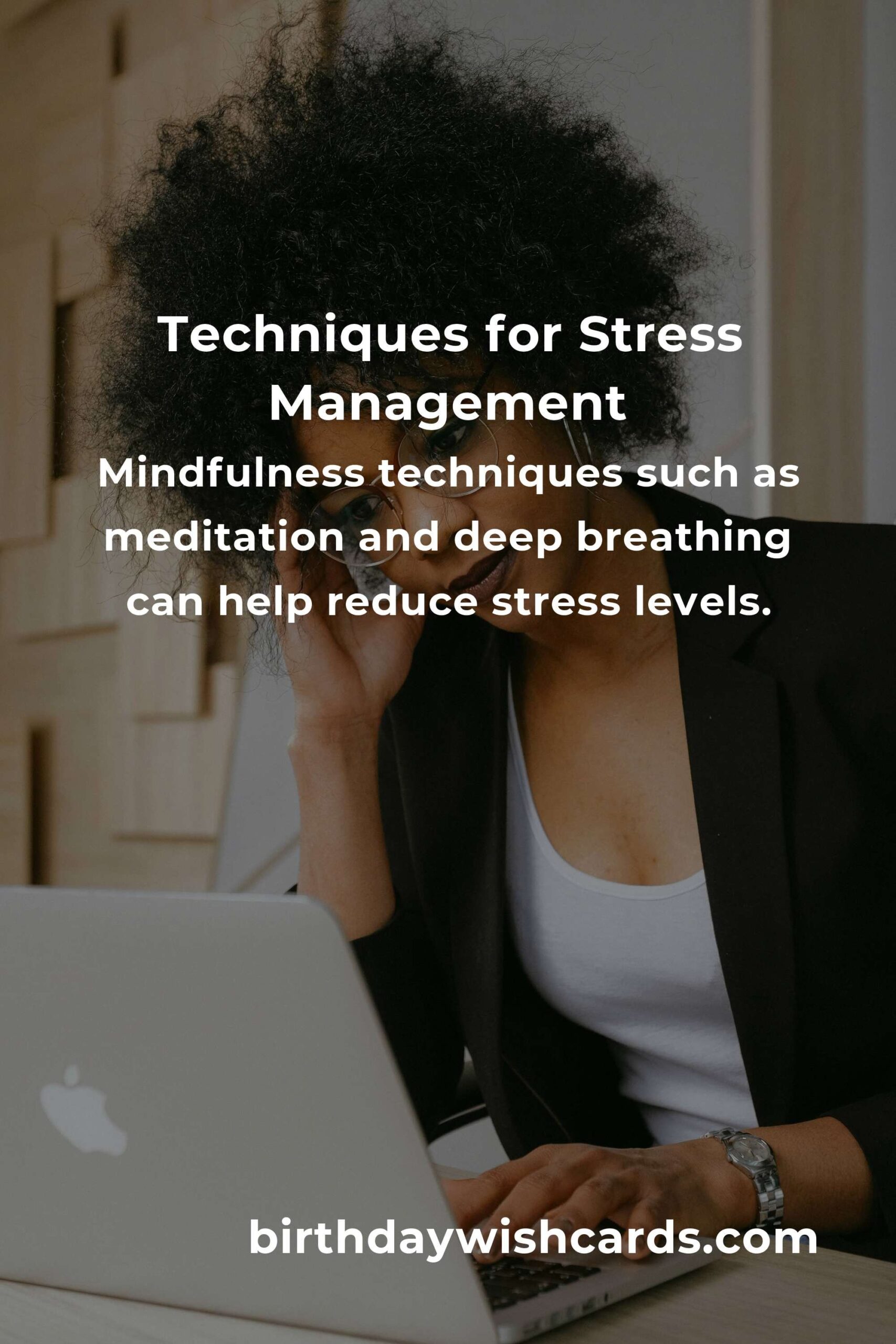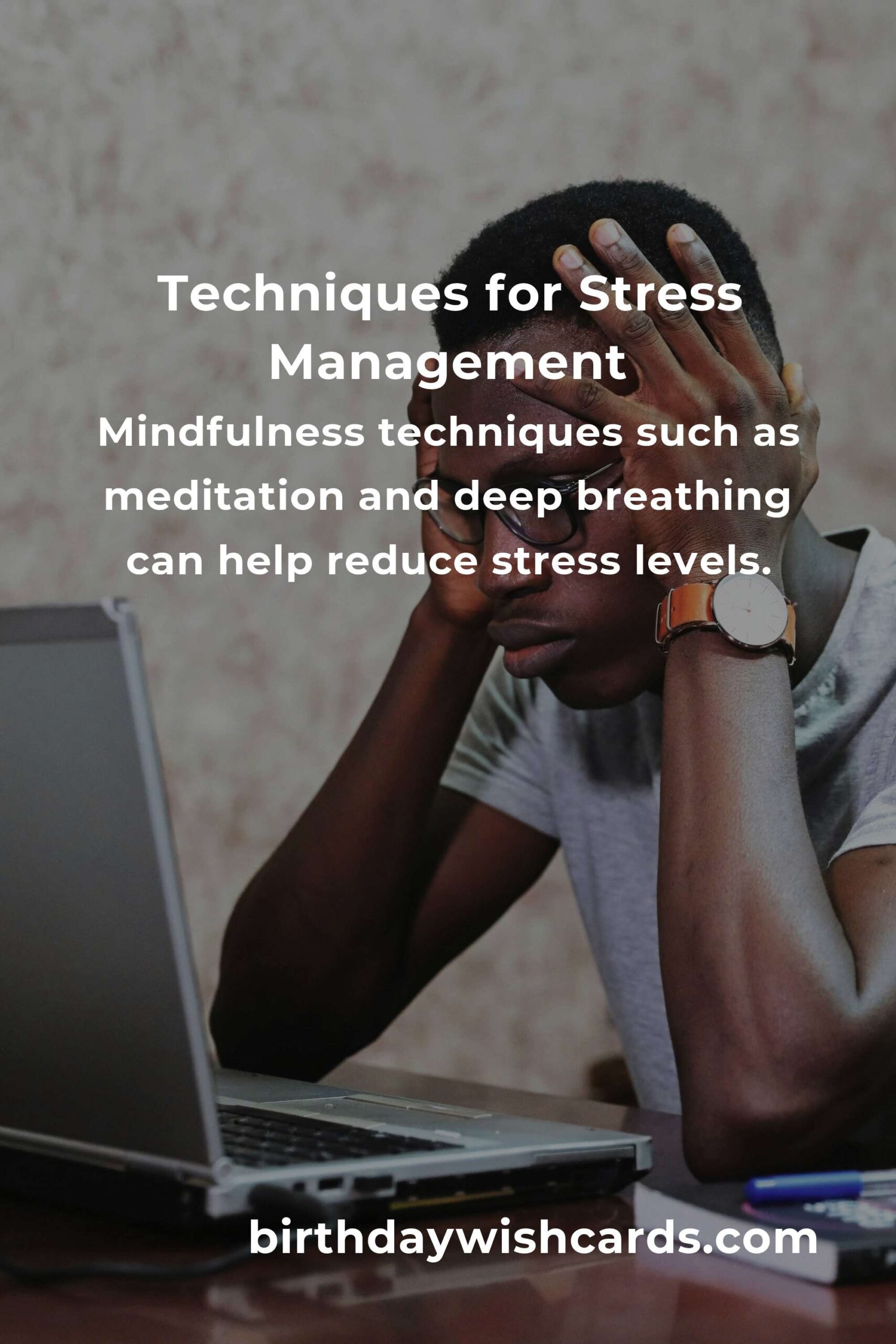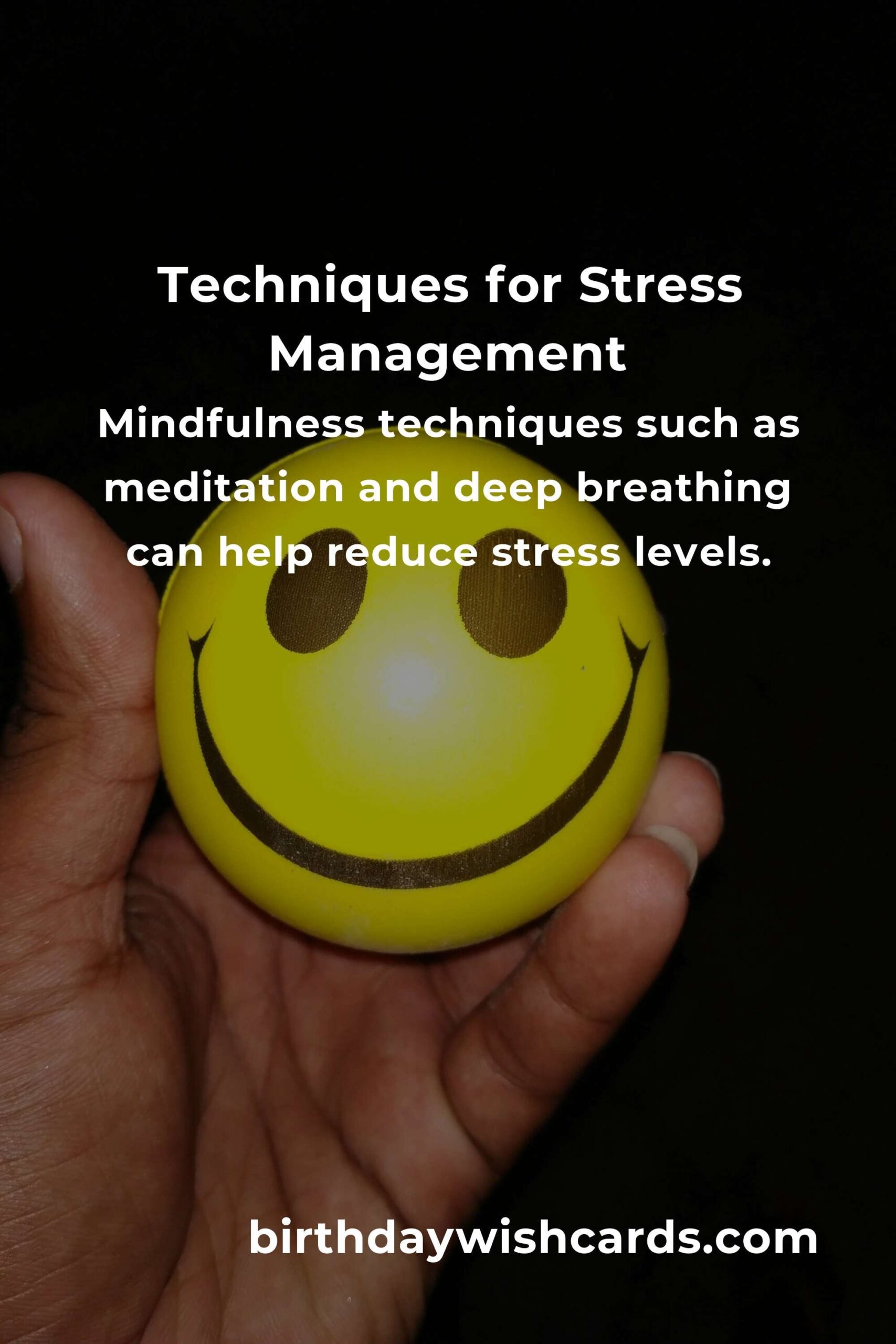
Stress is an inevitable part of life, but managing it effectively can lead to a healthier, more balanced lifestyle. This guide will help you understand stress, recognize its symptoms, and introduce easy methods for managing it.
Understanding Stress
Stress is the body’s natural response to challenges or demands. It can be both negative and positive, serving as a motivator or a source of anxiety. Understanding stress is the first step in managing it.
There are two main types of stress: acute and chronic. Acute stress is short-term and often experienced in response to immediate challenges, while chronic stress is long-term and can have serious health implications if not addressed.
Recognizing Symptoms of Stress
Recognizing the symptoms of stress is crucial in managing it effectively. Common symptoms include headaches, fatigue, irritability, difficulty concentrating, and changes in appetite.
Emotional symptoms may include anxiety, restlessness, lack of motivation, and feelings of being overwhelmed. If these symptoms persist, it might be beneficial to seek professional help.
Techniques for Easy Stress Management
1. Practice Mindfulness
Mindfulness involves being present in the moment and aware of your thoughts and feelings without judgment. Techniques such as meditation and deep breathing can help reduce stress levels.
2. Exercise Regularly
Physical activity is a powerful stress reliever. Exercise releases endorphins, which can boost mood and reduce feelings of stress. Even a short daily walk can make a significant difference.
3. Maintain a Healthy Diet
A balanced diet supports overall well-being. Consuming plenty of fruits, vegetables, lean proteins, and whole grains can improve your body’s stress response.
4. Set Realistic Goals
Setting achievable goals can prevent feelings of overwhelm. Break tasks into smaller, manageable steps, and celebrate your successes along the way.
5. Prioritize Sleep
Adequate sleep is essential for stress management. Aim for 7-9 hours of quality sleep each night to help your body recover and prepare for the next day.
6. Connect with Others
Social connections are vital for managing stress. Spend time with family and friends, and don’t hesitate to seek support when needed.
Conclusion
Stress management is a critical skill that can enhance your quality of life. By understanding stress, recognizing its symptoms, and implementing easy management techniques, you can maintain balance and improve both mental and physical health.
Stress is an inevitable part of life, but managing it effectively can lead to a healthier lifestyle. Recognizing the symptoms of stress is crucial in managing it effectively. Mindfulness techniques such as meditation and deep breathing can help reduce stress levels. Physical activity is a powerful stress reliever. Adequate sleep is essential for stress management.
#StressManagement #Mindfulness #HealthyLiving #Wellness #SelfCare












